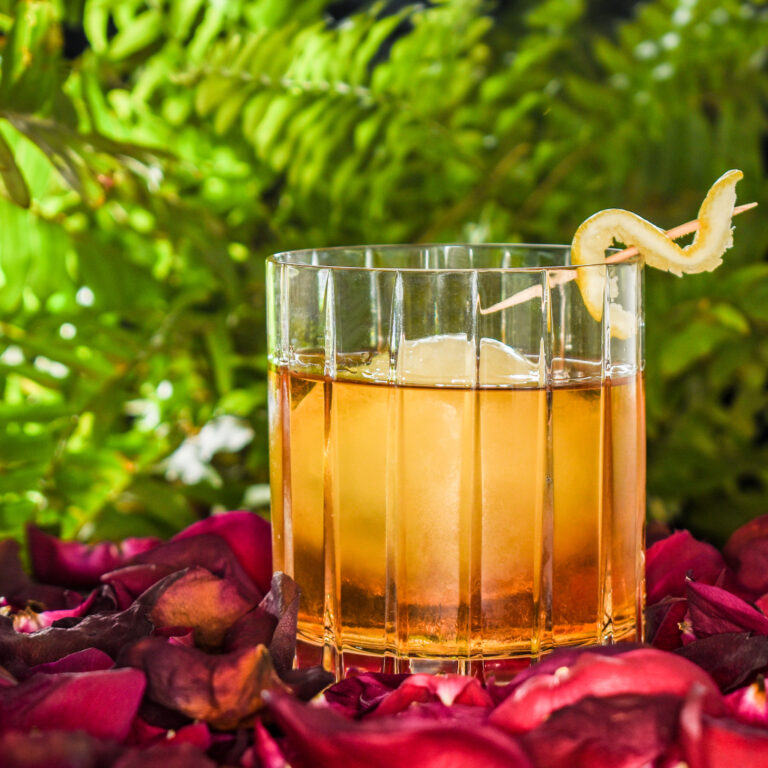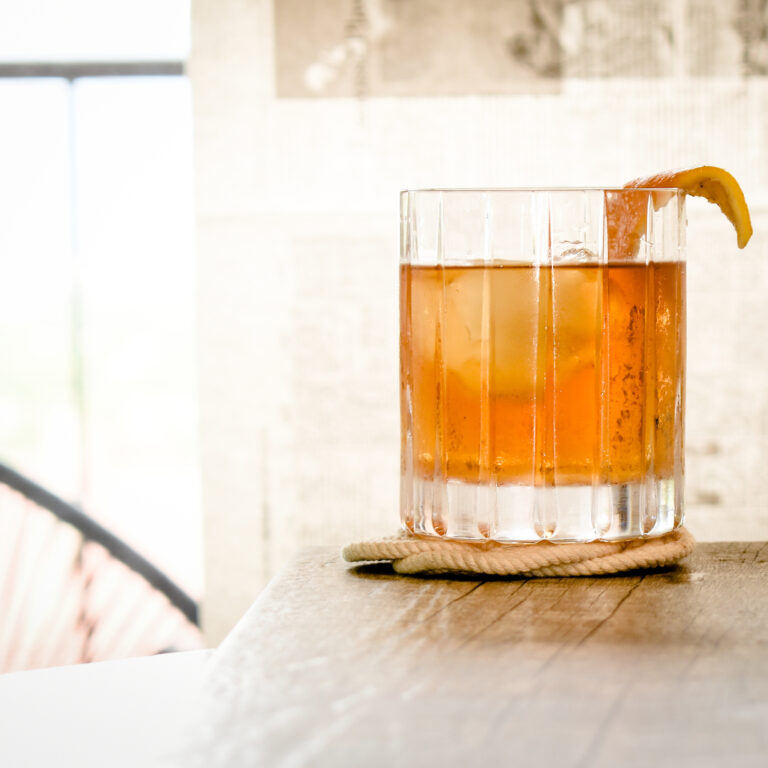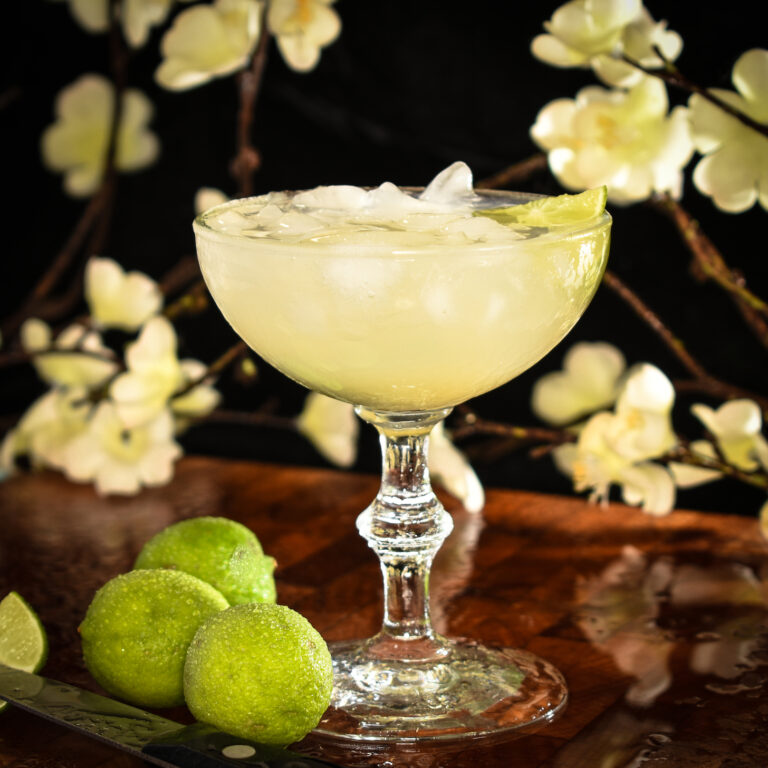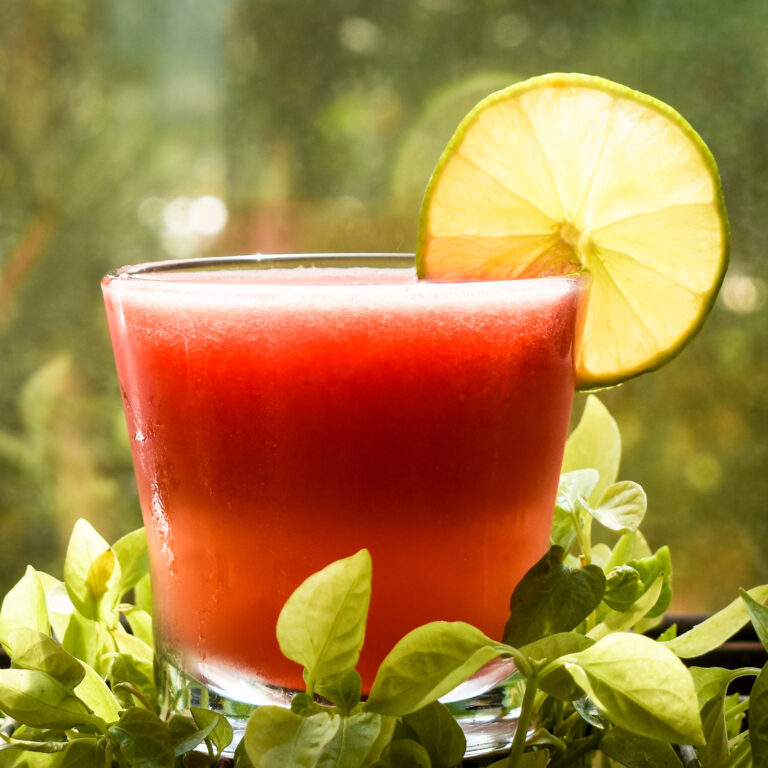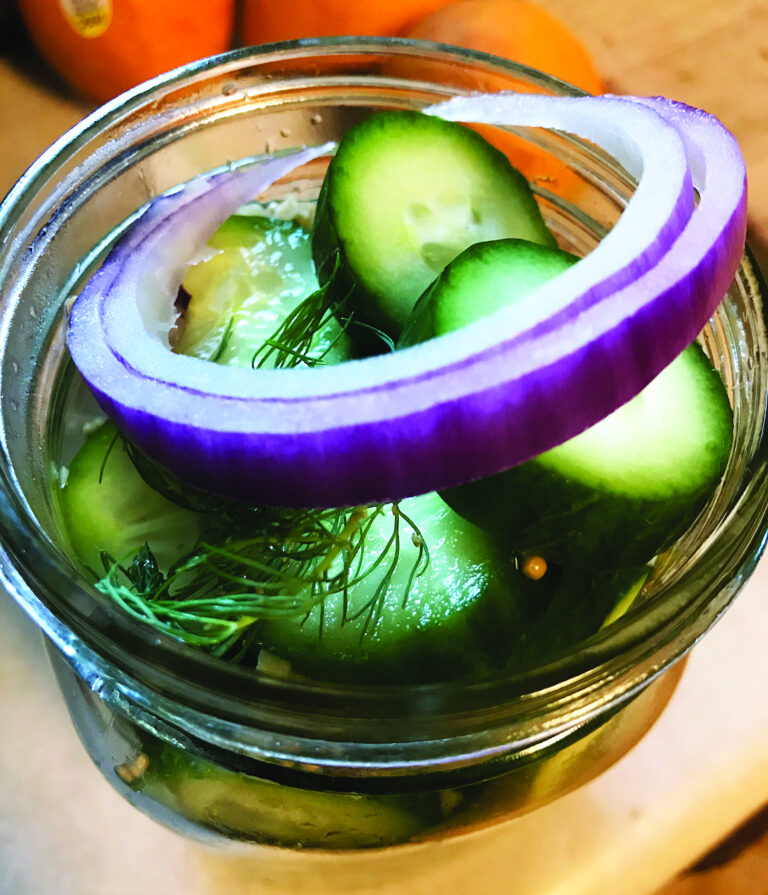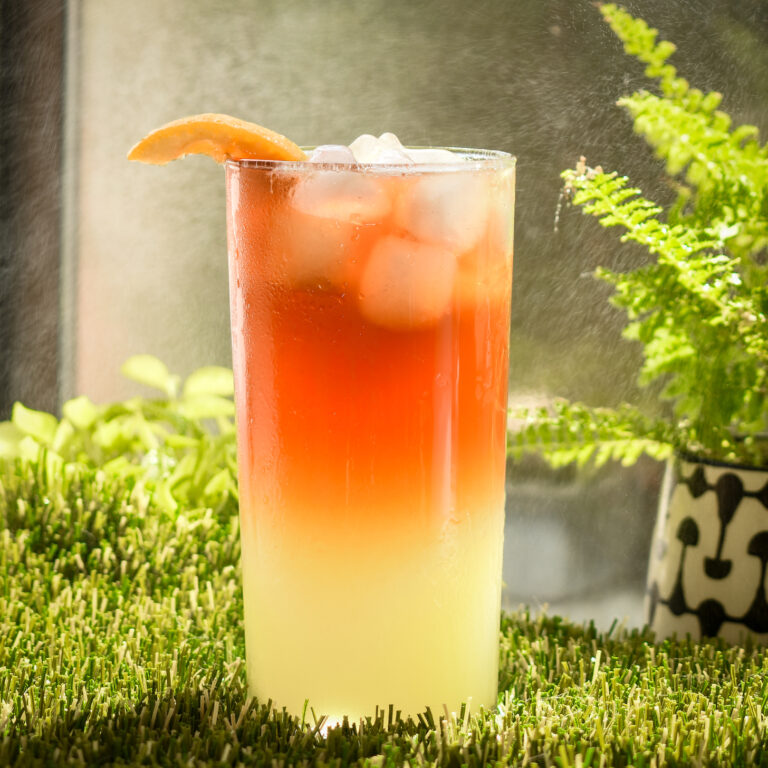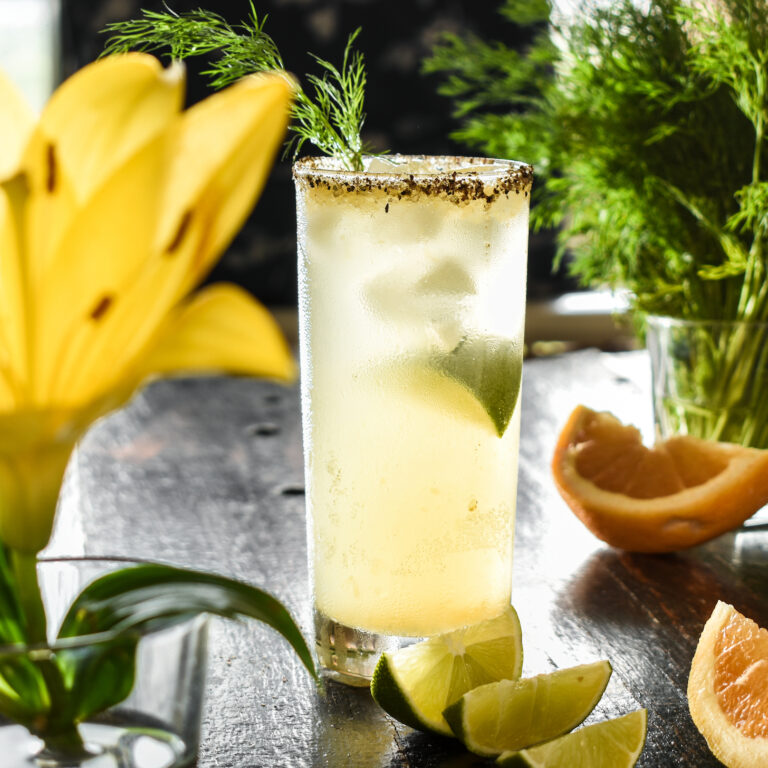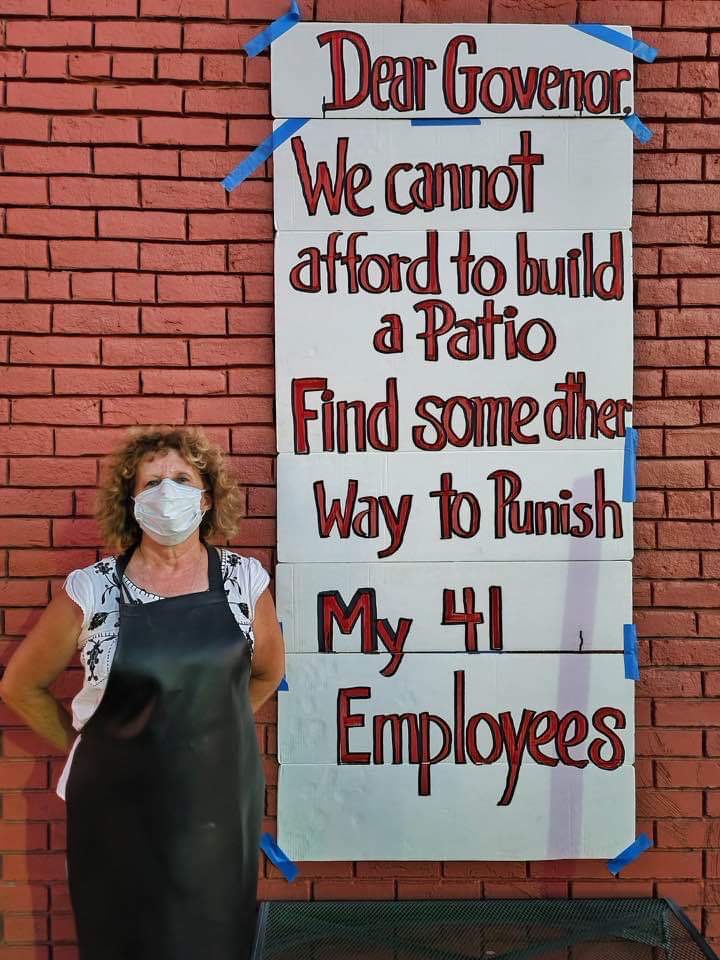I've tried several times to convert her to my way of doing things, but she's strong-willed (or stubborn?) and has refused to convert. Last week we had it out again. “You're doing things completely backwards,” I said, frustrated. She had asked me if I thought the store would have butternut squash at this time of year. “You should go to the store, see what they've got, pick the ingredients that look best, then come home and find recipes for them.” She wasn't into it. “But I want to make this thing with butternut squash!” I tried to make it sound like a charming idea—shop like Europeans do!—but I was exasperated and it came out wrong. “The whole fucking world does it this way, Liz. Shop first, plan later.” Funny, but that didn't sway her.
So we went grocery shopping together. I with my list (I didn't even write it down this time) and she with her two-page document. The first thing we saw in the produce department was a display of huge, beautiful pomegranates, cheap. In the seafood department, salmon was on special. Who knew Albertson's would have big, beautiful pomegranates and salmon on sale? Meanwhile, her list calls for asparagus (at a too-expensive $4.99 per pound) and white corn meal (which they were out of).
I tried to use the salmon and corn meal to further my shopping theory with Liz. She made a good point when she said that even if she found a good recipe for the salmon, it would probably require ingredients she didn't have on hand and another trip to the store this week was out of the question. “Oh, just use what you've got! Wing it!” I said. But I realized that willingness to substitute and improvise while cooking has to come from the confidence of someone who's done it before or the leave-it-to-the-fates attitude of one who's comfortable making mistakes.
For many cooks, leaving dinner to the fates can be terrifying. The fear of failure can seal your culinary career in a creative coffin. To exhume your inner chef you have to remember that cooking is both art and science. Yes, there are simple rules to cooking, but unless you totally botch the measurements of your cake batter or burn something beyond all recognition (like the cranberry-meringue pie I incinerated at Christmas), you almost never completely fail. Thinking of food as art, and focusing on each thing you cook as a learning experience could help you get over the culinary equivalent of writer's block.
What, you don't think of yourself as a creative person? Don't be ridiculous. There are no qualitative requirements for creativity; you simply have to be one who creates, who makes stuff. If you cook something from scratch, you're being creative. And the stuff you make doesn't have to meet anyone else's idea of “good”. Think of how the people you eat with disagree about how salty, sweet or spicy their food should be. They can't all be right; and you can't always be wrong. So trust yourself. Get out there and get cooking. Make mistakes and feed the leftovers to the dogs. Buy pomegranates and figure out what to do with them later. Learn from your mistakes and you'll become a confident cook.
